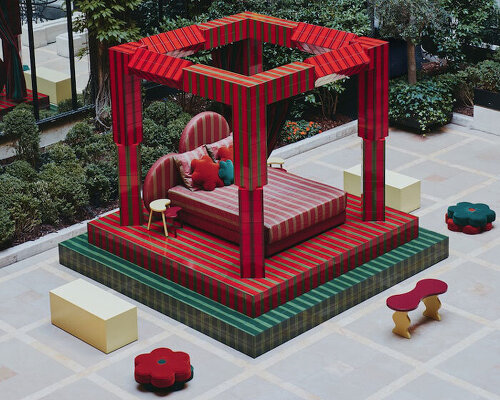The risks and rewards of trade show date shifts | Allison Zisko

How significant is it when a trade show shifts an established date pattern?
We’ll find out when the New York Tabletop Show takes place next week. A show that has been a staple on the October calendar for more than 40 years is now set for September, an experiment designed to address some of the ways the industry has changed since the pandemic.
Product development lead times have gotten longer, industry sources said, making an October show too late for many tabletop companies who want to see their goods on retail shelves the following February, particularly those who manufacture in Asia and need to get freight on board before the pre-lunar New Year. Meanwhile, tabletop retailers are setting their holiday assortments such as Halloween décor out as much as 30 to 60 days earlier than they did before and therefore need new products sooner.
The new timing of the show also aligns it with the New York textiles market this month, which might help the relevance of both shows and gives store management a break since they only need to travel to New York once for higher-level meetings, according to David Zrike, president of the Tabletop Association, which runs the show.
Before COVID, many large retailers conducted pre-meetings in September and upper management finalized them in October. But retailers don’t want pre-meetings anymore, one tabletop executive told me, making one consolidated show in September more pertinent. Zrike said he thought it was a good time to test the waters. He and the Tabletop Association deserve credit for their willingness to break the norm.
A second show date change that will impact the tabletop and gift industry is presumably temporary but still worth watching. The semi-finals of the World Cup will be held in Atlanta next July, prompting AndMore to move Atlanta Market to June before the city’s hotels and restaurants get filled with fans from around the world and everything gets astronomically expensive. The move makes sense, but everyone involved in next year’s show, from organizers to exhibitors to attendees, will need to communicate more openly, frequently and earlier with each other to make sure the show goes smoothly, and no one is caught unawares.















































